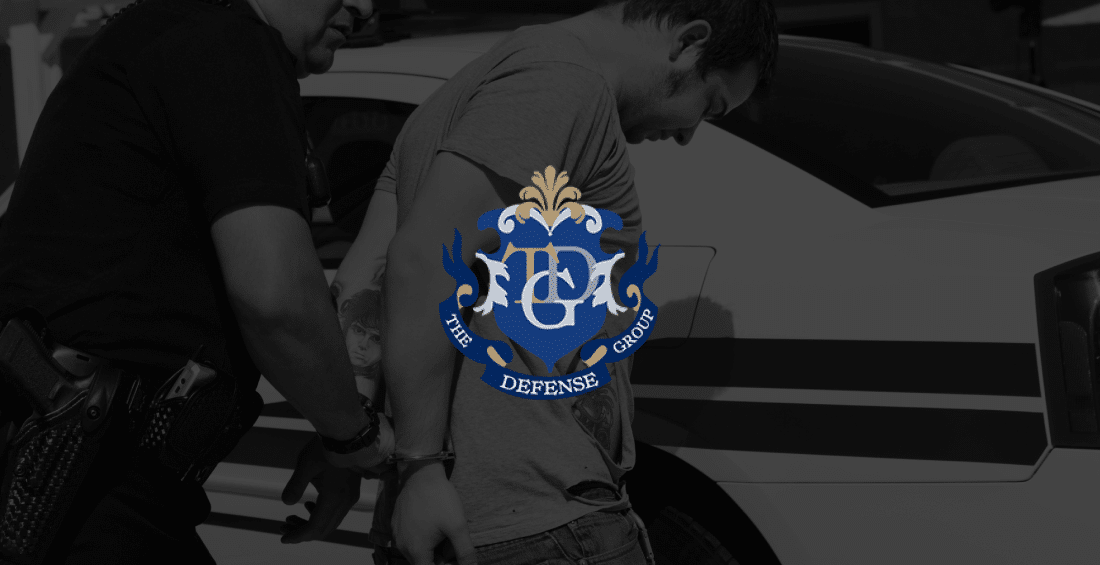What Is Grand Theft Auto?
In Florida, grand theft is defined as when someone knowingly takes or tries to take someone else’s property, intentionally trying to deprive the owner of the right or the benefit of owning that property or appropriate the property of another for the use of someone not entitled to that property.
When the property stolen is a motor vehicle worth at least $750, the crime is grand theft auto, and the charges start as a third-degree felony. If the value of the stolen vehicle is between $20,000-100,000 or if the vehicle holds cargo worth less than $50,000, the charges can be second-degree felonies. If the vehicle is worth more than $100,000 or holds cargo worth $50,000 or more, and the vehicle was involved in interstate/intrastate commerce while traveling from where the vehicle was loaded to where it was delivered, that could be considered a first-degree felony.
What Are the Consequences of Being Convicted of Grand Theft Auto in Florida?
Grand theft auto is a serious charge with severe, even life-changing consequences.
Conviction of Third-Degree Grand Theft Auto
This conviction can result in a prison sentence of up to five years, probation for five years, and a fine of up to $5,000.
Conviction of Second-Degree Grand Theft Auto
This conviction can result in a prison sentence of up to fifteen years, probation for fifteen years, and a fine of up to $10,000.
Conviction of First-Degree Grand Theft Auto
This conviction can result in a prison sentence of up to thirty years, probation for thirty years, and a fine of up to $10,000.
Note that the consequences of felony charges can be increased if additional circumstances exist, such as whether the person charged had previous convictions for similar crimes, whether the stolen vehicle was damaged, or whether a weapon was involved in the theft.
Is Grand Theft Auto the Same Thing as Carjacking?
No. Florida law considers grand theft auto and carjacking to be two separate crimes. While both involve someone unlawfully taking someone else’s vehicle, one is considered more serious than the other.
Carjacking falls under robbery and usually involves someone illegally taking a vehicle by threat, force, or violence. Taking a car by holding a gun to the driver’s head and forcing them to sit in the passenger seat is carjacking. Taking a car that’s empty but someone has left running and unlocked is a grand theft auto.
While grand theft auto can be a third-, second-, or first-degree felony depending on the value of the vehicle and any cargo, carjacking is a first-degree felony that could land someone in prison for up to 30 years. If a deadly weapon was used in the carjacking, that could lead to life in prison.
What Are Possible Defenses to Grand Theft Auto Charges in Florida?
Every case is unique and dependent on its specific circumstances. No single strategy is successful for every case of grand theft auto charges. To understand what defense might work in your case, it’s crucial to work with an experienced criminal defense attorney. These are offered only as examples of defenses that have been successfully used in the past.
- No intent. The description of grand theft offered above specifies that the person taking the property of someone else must be doing so intentionally without the permission of the owner and also intend to deprive the owner of it. But if the person who took the vehicle didn’t intend to steal, they have no intent.
- Consent. This means the person who took the vehicle thought they had the permission of the vehicle’s owner, so they had no intention to steal.
- Mistake. Similar to no intent, this means the person who took the vehicle either believed the vehicle was theirs or that they were sold a stolen vehicle and didn’t know it was stolen.
- Mistaken identity. A witness mistakenly identified the person charged and did not actually take a vehicle.
- Joint ownership. The person who took the vehicle believed they were in joint ownership of it and didn’t need permission from the other owner.
- Only present, not involved. This means that the person charged was at the scene of the crime but not actively involved in it.
- Voluntary abandonment. The person taking the vehicle understood that the act was problematic and stopped without being ordered to do so.
- Under threat or duress. The person taking the vehicle felt they were under threat of physical or economic harm and took the vehicle to escape.
- Challenge the value. This defense involves debating whether or not the value of the vehicle or its cargo was really as high as the charges say. This may help reduce first- or second-degree felonies to lower felonies.
- Unlawful search and seizure. If the prosecution uses evidence that was illegally obtained, the defense may ask for it to be withheld and possibly even ask for the case to be dismissed.
What Should I Do if I’ve Been Charged with Grand Theft Auto in Florida?
Call the Defense Group at 407-743-8430 for a free case evaluation. These are serious charges which, if you’re convicted of them, could lead to severe consequences. Our team of knowledgeable, experienced criminal defense attorneys understands what’s at stake. We can review your charges and case and help you understand which defense tactics may deliver the best possible outcomes.












